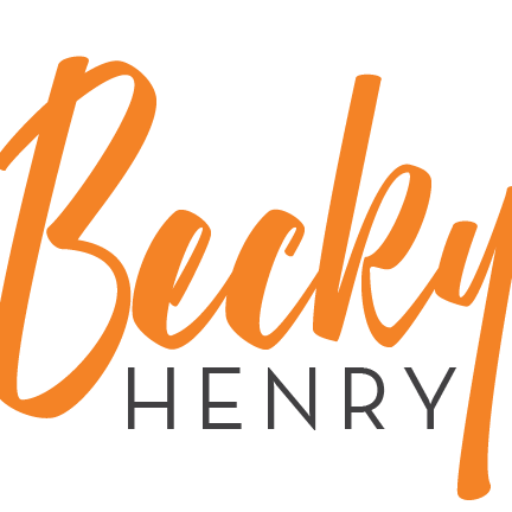
 It would be such a game changer for family caregivers to know what most clinicians know, which is that full recovery is possible. Even though we don’t have an agreed upon clear definition in the field of what “Recovered” actually is. Most agree that “living in recovery” is attainable for most.
It would be such a game changer for family caregivers to know what most clinicians know, which is that full recovery is possible. Even though we don’t have an agreed upon clear definition in the field of what “Recovered” actually is. Most agree that “living in recovery” is attainable for most.
Today, Intern Anna is helping to level the playing field and bring some peace and hope to family caregivers as well as reduce distress and fear by sharing her reflections on where she is able to be at now as a senior in college about to graduate in a couple of weeks. Congratulations Intern Anna on both your solid recovery and graduating from college!
Recovery Reflection – by, Intern Anna
For this week’s blog post I wanted to write a personal reflection on my recovery journey. It has been about 2.5 years since I began to pursue recovery. The past few months have been crazy busy as I have been anticipating graduating college and moving on to a big girl job.
When my life is busy, that is when it becomes difficult to keep up with my active recovery. The hardest part of this has been fitting in my meals and snacks. When you are on the move in college it can be easy to skip meals. To avoid this, I have been  packing snacks and lunches as well as planning my meals out ahead of time. This means I have a plan for when I will eat and it becomes much more intentional.
packing snacks and lunches as well as planning my meals out ahead of time. This means I have a plan for when I will eat and it becomes much more intentional.
Along with fitting in my meals, grocery shopping is always a work in progress. I find myself thinking about how much money food costs and worrying about that. To counteract these thoughts of buying less food to save money, I like to use the skill of opposite action. I purposely do the opposite of what these thoughts are telling me and think about the benefits of getting all the food I need. It makes it easier to plan meals and I can get foods that I find enjoyable.
I thought I wouldn’t continue to have some of these thoughts when I entered recovery. That was inaccurate. The thoughts are still there sometimes but they are way less intense and I have more skills to counteract them. I have also recognized the benefits of recovery and this aids in motivating me to continue. I get to be independent at school, help kids at work, and feel energized. None of these would be accomplished if I was still listening to the eating disorder.
I am very proud of how I have been handling exercise. I have been extremely busy this semester and so I don’t have a set schedule. I add movement into my daily routine when I can, but it isn’t as rigid as it used to be. I also view more activities as movement such as walks, cleaning, etc. I have recognized that I don’t need intense exercise to stay active. This switch in mindset has been very beneficial for me. It makes activity more fun and I don’t stress myself out with trying to fit it in when I have little time.

Additionally, I have been viewing movement as something that can be enjoyed with others and in the outdoors. Spring has helped lift my mood and has gotten me outside more. I find playing sports with others to be therapeutic.
If I were to describe how recovery has made me feel it would be calming. I have learned that not everything needs to be rapid, rigid, and restricting. Being in recovery has made me feel more free to be myself and accept myself as I am. Recovery can be difficult and be the best thing ever at the same time.
For more support for caregivers and this topic, visit beckhenry.com and here are some comments that Becky’s clients have shared about how their coaching work helped them and their person in recovery:
“I learned how to hold the joy, and the sorrow in the same moment.” – Client – L.M.
“I learned how to hold my child capable, to love myself, listen and hold space for what is hard to hear. That has helped her learn she is capable.” – Client – L.M.
“Becky you helped me to be brave, courageous and intentional. I now hold boundaries. And follow through with them.” – Client – L.M.
Take care,
Intern Anna for,

